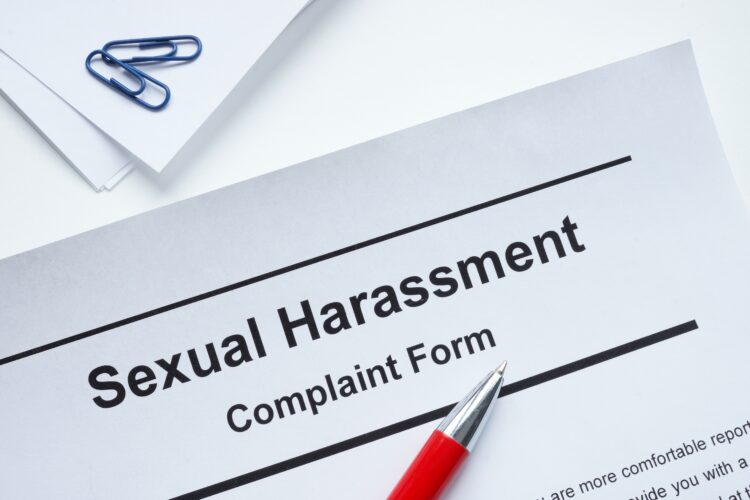Employment tribunals can slap an extra 25 percent financial penalty on employers that breach tougher sexual harassment laws coming into force on 26 October, 2024, a lawyer has warned.
The amended Worker Protection (Amendment of Equality Act 2010) Act, coming in on Saturday, constitutes a hefty change to employers’ legal responsibilities to prevent sexual harassment.
ONS data shows that that 26 percent of sexual harassment happens at work, making more tribunals claims inevitable.
Under the changes, employers must be able to show they have taken “reasonable steps” to address harassment at work.
Tribunal view
“Courts will assess employers’ compliance based on factors such as the adequacy of anti-harassment policies, training programmes, and the employer’s response to incidents of harassment,” said Daniel McAfee, lawyer and head of legal operations at Lawhive, an online legal service provider.
To avoid non-compliance, he advised employers to ensure policies have been updated, training around this duty to be increased, and reporting systems improved to meet the new requirements.
Failure to comply with the new preventative duty may lead to stricter penalties, with employment tribunals able to increase employer compensation pay outs by up to 25 percent, he said.
‘No excuse’
But Joanna Lewis, managing director at Safecall, an independent whistleblowing service, said: “The implementation of the Worker Protection Act is a critical step in protecting employees in the UK, and with a full year between the act passing and being implemented, businesses have no excuse not to be compliant.
“Employers, rightly, have the responsibility of maintaining a safe environment for their staff, and the act aims to ensure that sexual harassment is prevented from the outset – a prime example of treating the cause, not the symptom.”
‘Reasonable steps’
In the new duty, “reasonable steps” means the actions an employer should take to minimise the risk of sexual harassment occurring in their workplace.
McAfee explained that these steps can vary depending on the size, nature, and structure of the organisation.
In general, employer actions should include having clear policies and procedures in place, which includes clear reporting processes, providing regular training and conducting risk assessments, and showing that they have policies to limit employee harassment from people who are not employers, such as clients or customers.
McAfee said: “Employers must have strong anti-harassment policies that are communicated effectively to employees, explaining how harassment is defined, the consequences of such behaviour, and how incidents can be reported.”
Major shift for hospitality and retail
He said businesses in the hospitality and retail sectors, where staff have frequent customer interactions, power imbalances, and alcohol consumption are common, face a major shift in how they will need to approach harassment prevention.
“For hospitality and retail businesses, this means providing regular, mandatory training to all staff, especially those in customer-facing roles, to recognise and respond to harassment from both colleagues and customers.”
Commenting on ensuring employers have effective reporting mechanisms in place, McAfee said: “Confidential and accessible reporting systems are crucial. Staff must feel secure in coming forward with complaints, knowing they will be handled seriously and addressed promptly.”
Front of house
On risk assessments, he said: “Given the frequent interaction with the public, employers [in hospitality and retail] must assess potential risk areas, such as isolated workspaces or late-night shifts, and ensure appropriate safeguards are in place.
“A major concern in hospitality and retail is harassment from customers [aka third-party harassment]. Employers must have policies to limit one-on-one interactions in vulnerable situations and provide clear guidance on handling harassment from external parties.”
Safecall’s Lewis added: “The main objective for businesses going forward is to ensure they have appropriate measures in place to uphold the Act, such as comprehensive no-tolerance policies for any form of sexual harassment. But regulation alone cannot fight the scourge of sexual assault, and businesses must also be prepared for the worst case scenario. When necessary, having watertight systems for reporting and investigation is vital. Whistleblowers, need to have trust in their employer and the confidence that any reports will be dealt with confidentially and meticulously, leaning on legal expertise and independent support as appropriate.”












